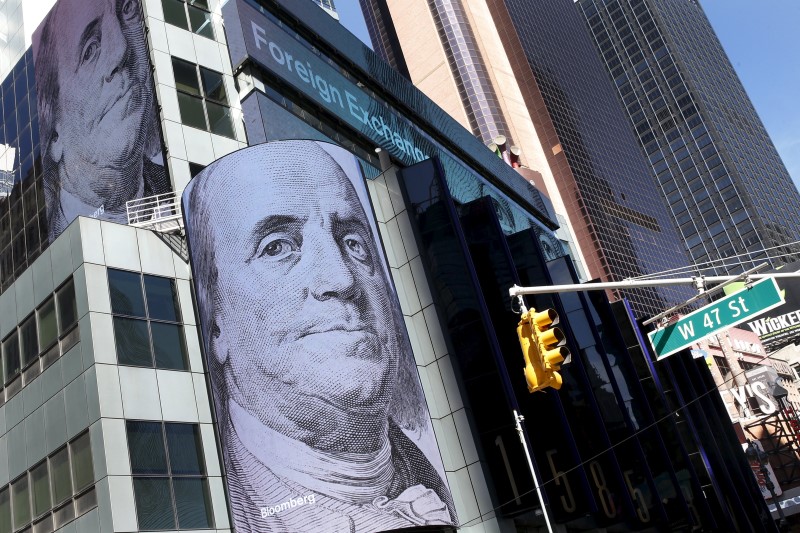© Reuters. Euro falls to $1.10 after US figures and Fed comments
Frankfurt (Germany), Apr 14 (.).- The euro fell sharply this Friday to 1.10 dollars, after knowing the fall in retail sales in the US in March and new comments from the Federal Reserve (Fed) on the rates that reduced risk tolerance among investors.
The euro was trading around 3:00 p.m. GMT at $1.1002, compared to $1.1049 in the last hours of European currency market trading the previous day.
The European Central Bank (ECB) set the reference exchange rate for the euro at $1.1057.
Retail sales in the US fell by 1% in March compared to the previous month, more than expected.
In addition, Fed Board of Governors Christopher Waller said more rate hikes will be needed because inflation is too high.
Previously, the euro had appreciated to its maximum for a year against the greenback, at 1.1070 dollars, because the latest data on US prices, both wholesale and consumer prices, showed that inflation subsides and propped up expectations that the Fed will raise its interest rates for the last time in this bullish cycle in May, by 25 basis points, until placing federal funds in the range between 5 and 5.25%.
Markets had expected the Fed to lower interest rates by the end of the year.
ECB President Christine Lagarde told the International Monetary Fund (IMF) spring meeting in Washington that she expects “inflation to fall as inflationary pressures ease and tighter monetary policy dampens demand.”
“However, historically high wage growth, related to tight labor markets and offsetting high inflation will support core inflation over the forecast horizon,” it said.
Markets expect the ECB to raise interest rates further at the May meeting.
Some members of the Governing Council of the ECB have been in favor of a rise of 25 basis points, such as the representatives of Germany, Belgium, Latvia, Austria and Malta; and others in favor of 50 basis points, such as Italy and Cyprus.
ECB interest rates are now at 3.5% and the deposit facility at 3%.
The Brazilian president, Luiz Inácio Lula da Silva, claimed in Shanghai an alternative to the dollar in trade in the inauguration of Dilma Rousseff as the new head of the BRICS development bank (Brazil, Russia, India, China and South Africa). .
Lula da Silva questioned why all countries must use the dollar in their commercial transactions and the BRICS development bank cannot have a currency to finance their commercial relations.
The single currency was exchanged in a fluctuation band between 1.0997 and 1.1074 dollars.




